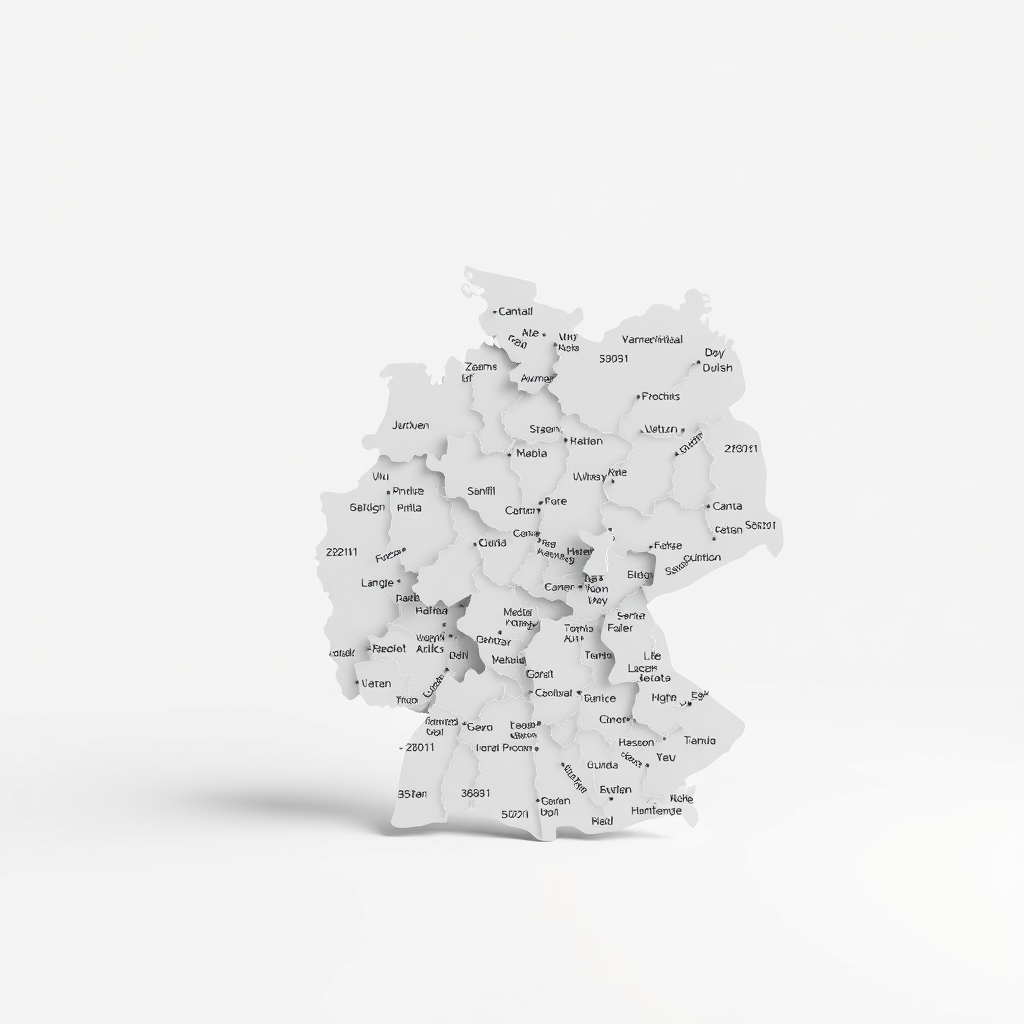Postal Code Data API vs Germany Postal Code API: What to Choose?

US Postal Code Data API and the Germany Postal Code API. Both APIs offer unique features and capabilities that cater to different needs, making it essential to understand their functionalities, performance, and use cases.
Overview of Both APIs
US Postal Code Data API provides accurate and standardized ZIP code data, enabling location-based searches, geocoding, and access to demographic information. This API is designed to facilitate access to comprehensive information about ZIP codes in the United States, which is crucial for mail delivery, location-based services, and demographic analysis.
Germany Postal Code API offers developers access to a database of postal codes for all regions of Germany. This API allows for postal code search and validation functions, which can significantly streamline logistics operations and improve address verification processes.
Feature Comparison
US Postal Code Data API Features
US Postal Code Data API is its ability to provide detailed ZIP code information. To use this feature, developers must indicate a USA ZIP code in the parameter. This feature returns comprehensive data, including geographic coordinates, city, state, and county.
{
"zip_code": "90210",
"city": "Beverly Hills",
"state": "California",
"county": "Los Angeles",
"latitude": 34.0901,
"longitude": -118.4065
}
Germany Postal Code API Features
Germany Postal Code API offers a feature that allows users to retrieve postal code information by simply inserting a postal code. This feature is particularly useful for applications that need to validate addresses or optimize delivery routes.
{
"postalcode": "10115",
"city": "Berlin",
"state": "Berlin",
"areaUnit": "km",
"areaTotal": 5.0
}
Example Use Cases for Each API
US Postal Code Data API can be utilized in various applications, such as:
- Location-Based Services: Applications that provide users with nearby services based on their ZIP code.
- Demographic Analysis: Businesses can analyze customer demographics based on ZIP code data to tailor marketing strategies.
- Distance Calculations: Applications that require distance calculations between two ZIP codes for logistics or travel planning.
Germany Postal Code API is ideal for:
- E-commerce Address Validation: Ensuring that shipping addresses entered by customers are valid and deliverable.
- Logistics Optimization: Companies can use postal code data to streamline delivery routes and reduce shipping costs.
- Geographic Targeting: Marketing campaigns can be tailored based on geographic areas defined by postal codes.
Performance and Scalability Analysis
US Postal Code Data API is designed to handle a high volume of requests efficiently. Its infrastructure supports rapid data retrieval, which is crucial for applications that require real-time responses. The API's scalability allows it to accommodate growing user bases without compromising performance.
Germany Postal Code API is built to provide quick access to postal code data, ensuring that applications can perform searches and validations without delays. Its architecture is optimized for handling multiple requests simultaneously, making it suitable for high-traffic applications.
Pros and Cons of Each API
US Postal Code Data API
- Pros:
- Comprehensive ZIP code data with demographic insights.
- Easy integration with various programming languages.
- Supports location-based services effectively.
- Cons:
- Limited to US ZIP codes only.
- May require additional data sources for comprehensive demographic analysis.
Germany Postal Code API
- Pros:
- Access to a complete database of German postal codes.
- Facilitates address validation and logistics optimization.
- Regular updates ensure data accuracy.
- Cons:
- Limited to German postal codes.
- Less comprehensive demographic data compared to the US API.
Final Recommendation
US Postal Code Data API and the Germany Postal Code API ultimately depends on your specific needs. If your application primarily targets users in the United States and requires detailed demographic insights, the US Postal Code Data API is the better choice. Its comprehensive data and ease of integration make it suitable for a wide range of applications.
US Postal Code Data API? View the integration guide for step-by-step instructions.
Germany Postal Code API? Try the API playground to experiment with requests.





